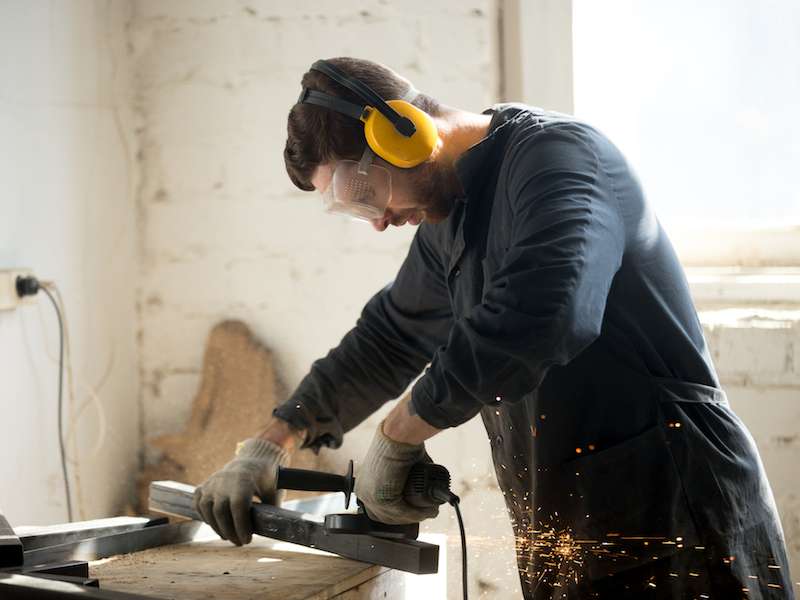
What stops your hearing protection from working correctly? Here are 3 things to watch for.
In spite of your best attempts, you can sometimes encounter things that can hinder your hearing protection, both at home and at work. And that can be frustrating. After all, you’re trying to do what you’re supposed to do! When you go to a show, you wear your earplugs; At work, you wear earmuffs every day; and you try to steer clear of Uncle Joe who is constantly shouting in your ear.
Here’s the point, when you’re doing everything right but you’re still having trouble, it can be discouraging. The nice thing is that once you find out about a few of these simple problems that can mess with your hearing protection, you can prepare yourself better. And this will keep your ear protection in a state of efficiency even when you’re experiencing a bit of difficulty.
1. Wearing The Wrong Kind of Ear Protection
There are two convenient and standard categories of hearing protection: earmuffs and earplugs. As the names might imply, earplugs are compact and can be pushed directly into the ear canal. Earmuffs look like a set of 70’s headphones, but instead of tunes, they offer protection for your ears by blocking external sound.
- Earplugs are encouraged when you’re in a place where the sound is comparatively constant.
- Earmuffs are recommended in circumstances where loud sounds are more irregular.
There’s a simple explanation for that: when it’s quiet, you’ll want to remove you’re hearing protection which is more difficult to do with earplugs than earmuffs. Earplugs are very easy to lose (especially if they’re inexpensive and disposable anyway), so you don’t want to be in a position where you take out an earplug, misplace it, and then need it later.
Use the correct form of hearing protection in the appropriate situation and you should be fine.
2. Your Hearing Protection Can be Affected by Your Anatomy
Human anatomy is incredibly diverse. That’s why your Uncle Joe has such a large set of vocal cords and you have more normal-sized vocal cords. It’s also why your ear canal might be smaller than the average individual’s.
And that can interfere with your ear protection. Disposable hearing protection is often a one size fits all mindset, or at best, a small, medium, large situation. So, perhaps you give up in frustration because you have tiny ear canals, and you stop using any ear protection.
This can leave you open to risk, undermining the hearing protection you were trying to give yourself. The same thing can occur if, for instance, your ears are a bit larger, making earmuff style protectors awkward. If you spend a lot of time in noisy environments, it may be worth investing in custom ear protection tailored to your ears.
3. Check Your Hearing Protection For Signs of Wear
You should be commended if you manage to wear your hearing protection regularly. But day-to-day usage will result in wear and tear to your hearing protection which you need to keep close track of.
- Your hearing protection needs to be kept clean. Ears aren’t really the cleanest part of your body (ear wax serves a practical purpose and all, but it’s still kind of… gross). Make sure you clean your hearing protection thoroughly by taking them apart before you cleanse them. If you’re rinsing earplugs, don’t drop them down the drain.
- Replace cushions on earmuffs every now and then (generally, when those cushions aren’t pliable, they’re ready to be replaced).
- Check the band on earmuff protection. The band will need to be changed if the elastic is worn out and no longer holds the earmuffs tight.
Making sure you carry out regular maintenance on your hearing protection is essential if you want to continue benefiting from that protection. If you have any questions or how to do that, or how to make sure you’re ready for things that can hinder your hearing protection, it’s a smart idea to have a candid discussion with a highly qualified hearing professional.
Your hearing is important. It’s worth taking the time to protect it right.
